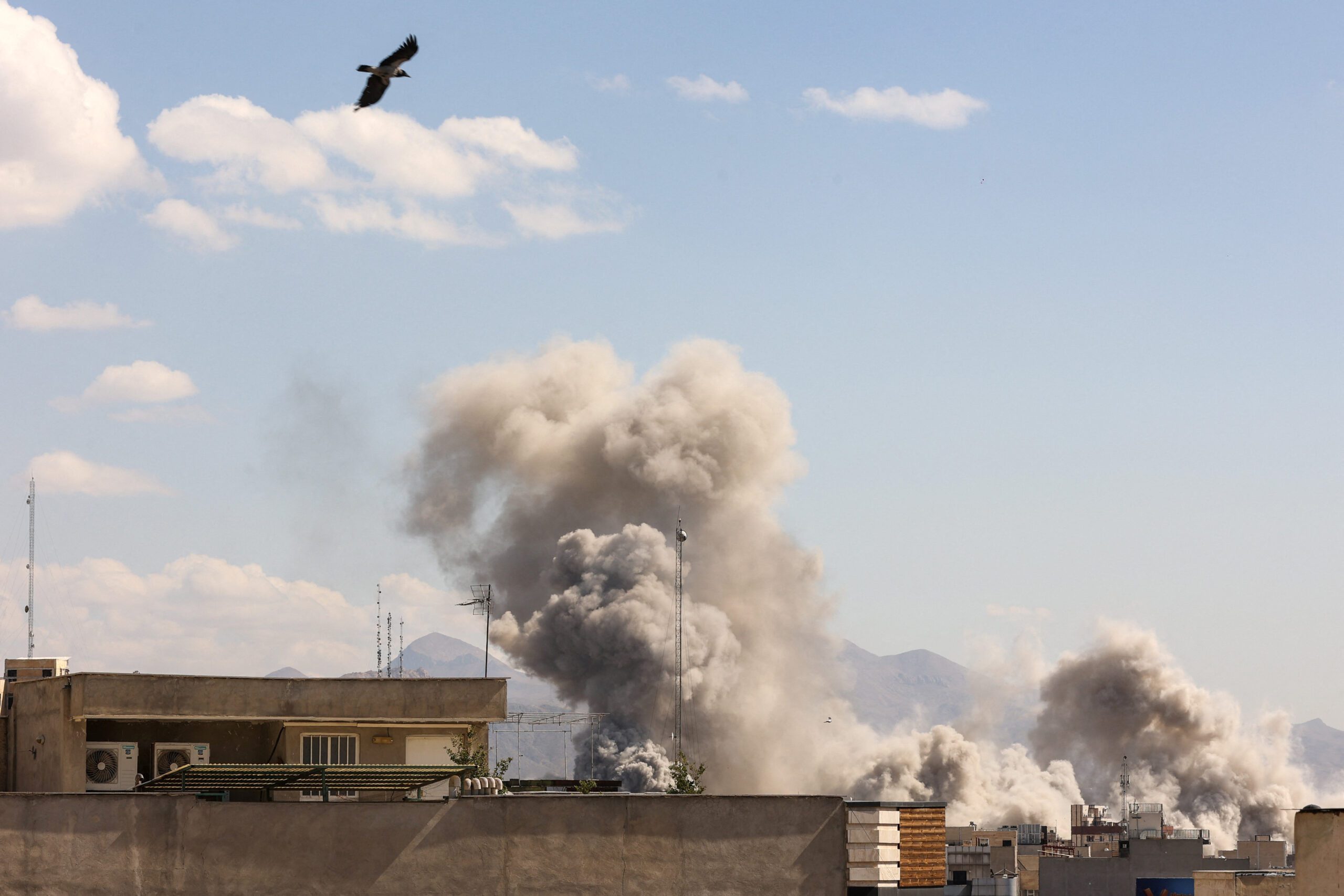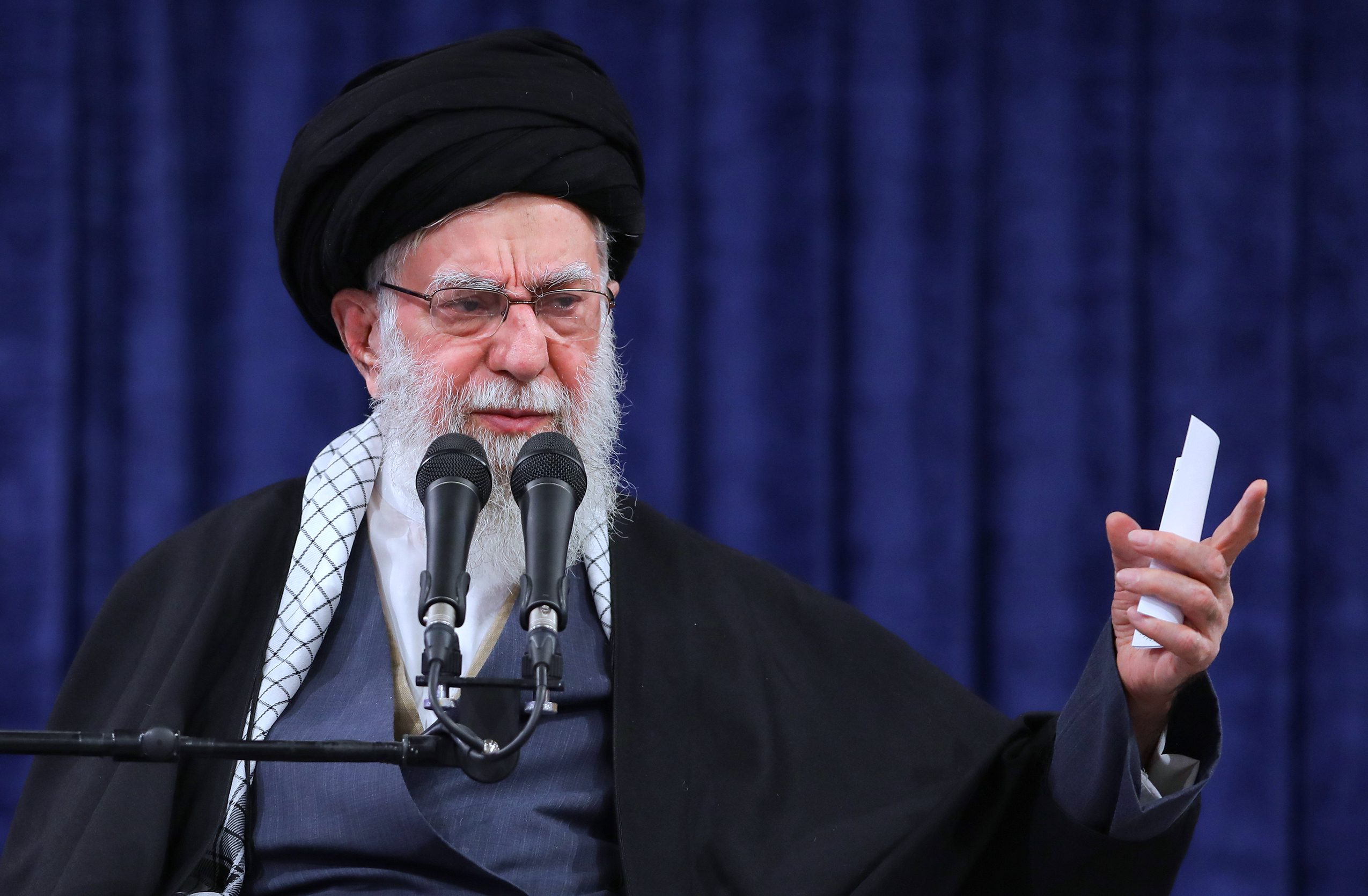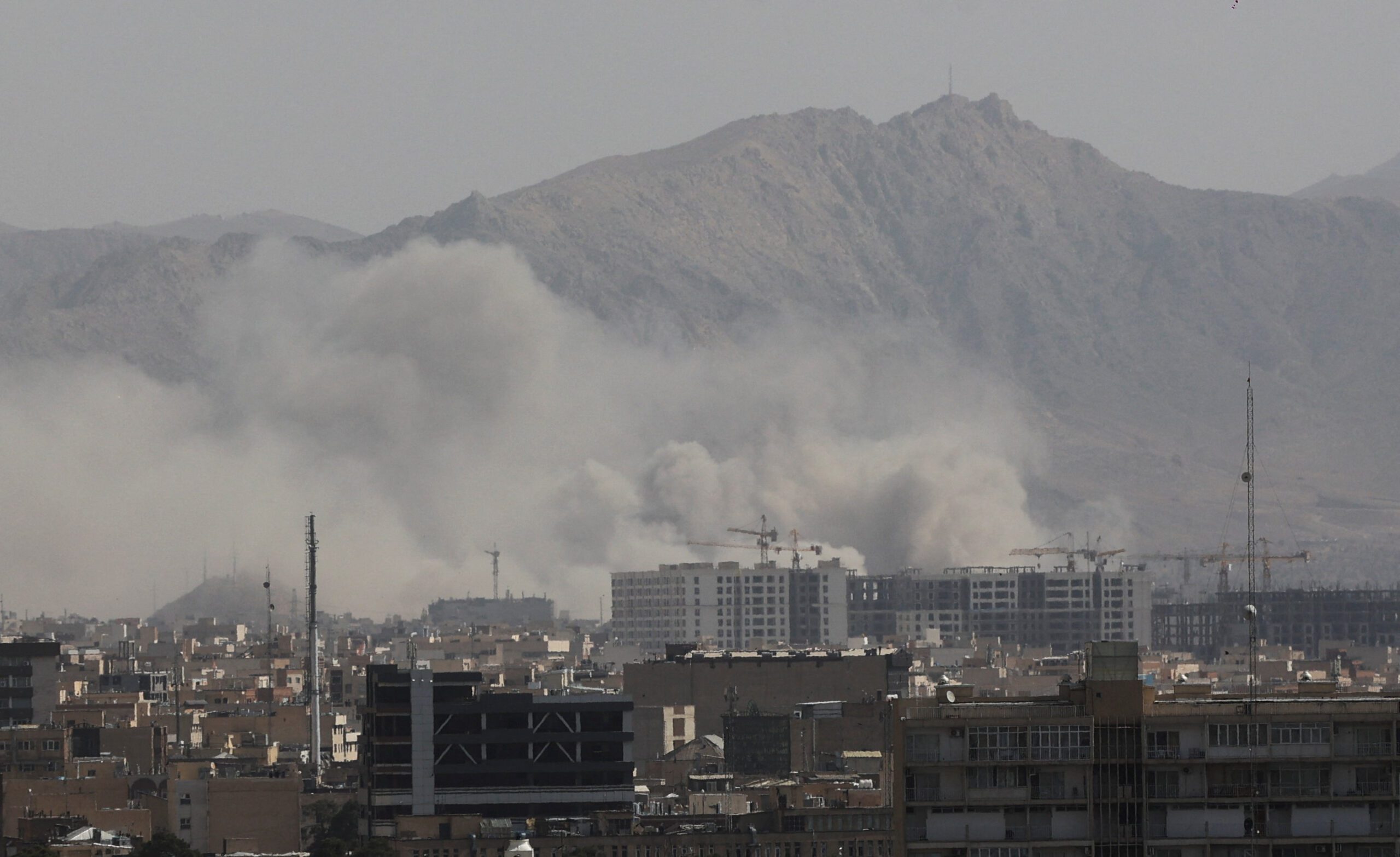The battle to define the policy legacy of any two-term American presidency usually emerges as the election for a successor begins in earnest. Ever the astute campaigner, Barack Obama initiated the current debate through a series of interviews to The Atlantic magazine, published as The Obama Doctrine. The conversation has just been significantly extended by a profile in The New York Times of White House communications guru Ben Rhodes.
Mr Obama was elected with a mandate to correct a Bush-era foreign policy characterised by excessive interventionism, overreach and even hubris. As former Obama CIA director and defence secretary Leon Panetta puts it, he was “the guy who’s going to bring these wars to an end”.
Yet in Samuels’s account, Mr Obama is depicted as single-minded and inflexible in a manner surprisingly reminiscent of George W Bush. Bush-era recklessness has given way to a very different, but also profoundly dangerous, risk aversion.
It’s pointless to debate whether Mr Obama’s sins of omission have been as harmful as Mr Bush’s sins of commission. That’s totally subjective and can only be based on counterfactual scenarios. Moreover, it’s irrelevant, because even if Mr Obama’s worst errors prove less costly than the flabbergasting blunder of the Iraq war, they’re still highly damaging failures.
Mr Bush’s exit was haunted by the spectre of Iraq, which helped bring his Republican party crashing down to a historic defeat in 2008. Although its political fallout will be less dramatic, Mr Obama’s failure to act in Syria eventually may similarly define his foreign policy in largely negative terms.
Mr Obama is counting on the Iran nuclear deal to secure a historical legacy of at least relative success. But if the agreement doesn’t prevent the emergence of either a nuclear-armed Iran or a military confrontation, he will have lost the legacy gamble.
And a Syria policy that has killed more than 250,000 people and displaced millions, one of the worst terrorist organisations in history empowered, and parts of the Middle East and even Europe destabilised, will be hard to frame as anything other than a devastating moral and political failure.
Samuels’s article illustrates the monomaniacal groupthink dominating elements in the present White House: “Iraq is his [Mr Rhodes’] one-word answer to any and all criticism.”
Moreover, he presents Mr Rhodes, and by implication Mr Obama, as being fatalistically convinced – largely, and perhaps entirely, based on the American experience in Iraq – that there was nothing at all Washington could have done to improve the situation in Syria.
“I profoundly do not believe that the United States could make things better in Syria by being there,” Samuels quotes Mr Rhodes. “And we have an evidentiary record of what happens when we’re there – nearly a decade in Iraq.”
This echoes Mr Obama’s evidence-free assertions that Russia’s intervention in Syria is, by definition, a crippling failure and sign of weakness.
But of course, Syria isn’t Iraq. 2003 isn’t 2012. And these two realities are radically different in almost every respect. Only the most superficial and confused reading would conflate the challenges they posed to policymakers.
This is precisely the kind of amateurish error that would seem entirely convincing, and profoundly appeal, to those who just don’t know much about Iraq and Syria. Yet this excruciatingly facile analogy appears to have been definitive for the Obama administration.
An unnamed former senior Obama administration official told Samuels he thought the debate in 2012 about Syria was “honest and open” but has changed his mind. He says that, like Mr Bush, Mr Obama sticks with his existing beliefs no matter what the realities or “costs to our strategic interests” prove to be. Samuels insightfully notes both men “projected their own ideas of the good on to an indifferent world”.
Mr Panetta says he used to believe Mr Obama was prepared to act militarily to prevent Iran from gaining a nuclear weapon, but now thinks that’s “probably not” true. Instead, he suggests that Mr Obama is so attached to the idea of ending wars that he wouldn’t have actually launched such an action, or even authorised increased sanctions on Tehran (which Mr Obama did oppose).
He adds that this mentality also helps explain American reticence on Syria. He explains Mr Obama’s calculations thus: “If you ratchet up sanctions, it could cause a war. If you start opposing their interest in Syria, well, that could start a war, too.”
Samuels’s article confirms some of the worst fears about how foreign policy is sometimes being poorly manufactured and cynically marketed by the current administration.
Mr Obama has correctly chided Donald Trump that the presidency is “not a reality show”. Yet Mr Rhodes boasts about having “created an echo chamber”. Unfortunately, behind such Machiavellian messaging lies not reassuringly sincere policy confidence, but a disturbingly absolutist certainty.
Ideologically-driven dogmatism isn’t restricted to past administrations. And no need of Trumpery – serious issues are already being addressed through openly contemptuous, reality TV-style manipulation rather than genuine persuasion. These attitudes and practices may, alas, prove inseparable from the rest of the Obama foreign policy legacy.
This article was originally published by The National.
The views represented herein are the author's or speaker's own and do not necessarily reflect the views of AGSI, its staff, or its board of directors.

























May 16, 2016
Obama’s Complex Foreign Policy Legacy Unpicked
The battle to define the policy legacy of any two-term American presidency usually emerges as the election for a successor begins in earnest. Ever the astute campaigner, Barack Obama initiated the current debate through a series of interviews to The Atlantic magazine, published as The Obama Doctrine. The conversation has just been significantly extended by...
5 min read